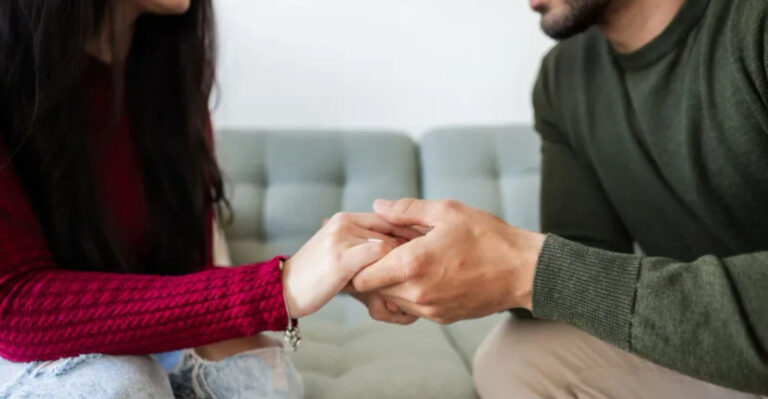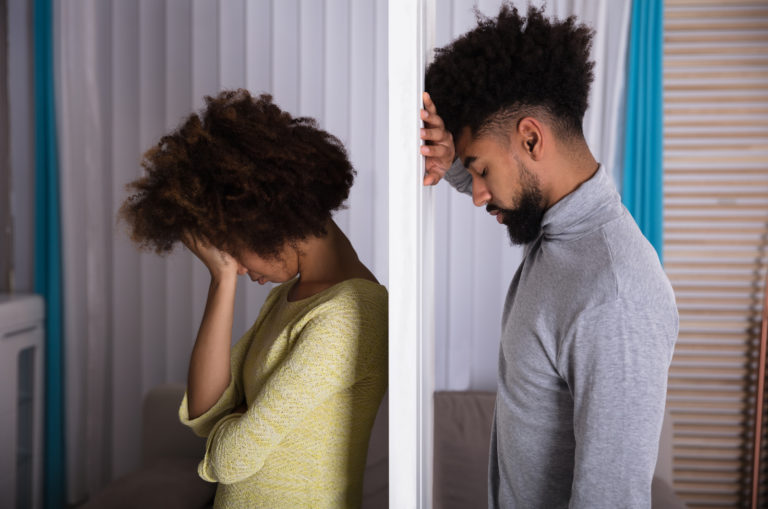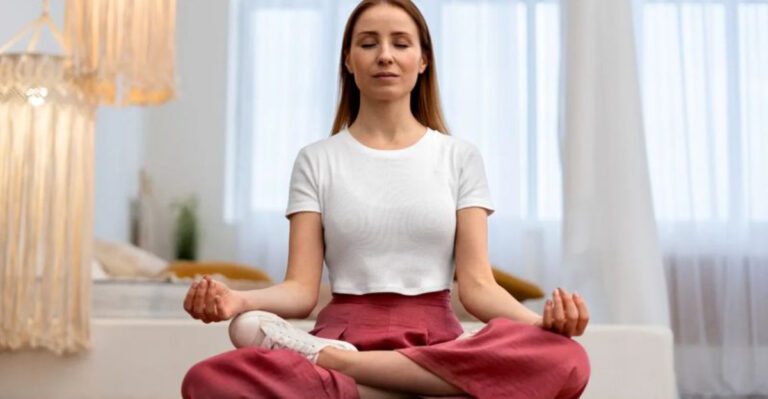Don’t Let PTSD Define You – Fight Back!
You’ve really been through the wringer. I mean, really. You’ve experienced an especially traumatic situation and have proven that you can rise above the ashes. At least, so you thought. The waters are calmer now but you feel more frazzled than ever. Why is this? Could you be experiencing the effects of Post-Traumatic Stress Disorder, commonly referred to as PTSD?
There are some easy-to-spot signs of PTSD. Identifying the symptoms is the first step in seeking the help needed to transform your life and release the chains of trauma once and for all.
Increased anxiety or paranoia. Often, when faced with particularly tragic circumstances, we are overwhelmed by anxiety. We go into ‘panic mode’. This is a natural defense mechanism we are all equipped with. Our mind and body go on high alert, providing us with temporary resources to power through the situation and come out on the other end. Unfortunately, however, all too commonly, if we experienced especially taxing circumstances, we are left with these lingering effects in the aftermath. Because we’ve grown used to functioning on all cylinders, it’s difficult for us to relax. Even if we try to remind ourself that the worst of it is over, this physical reaction is hard to shake.
Depression or lack of interest. Because we were in panic mode for so long, chances are we didn’t have time to pursue our interests or pay attention to the things in our life that once defined us. When the dust settles, it is common to revert to a state of total disinterest in the activities or pursuits that we once enjoyed. Sometimes, instead of experiencing lingering anxiety, our mind and body are so spent that we begin to feel overly lethargic. As we relax our muscles, we can experience aches and pains, and it’s just not as easy as it once was to enjoy life’s gifts.
A strong desire to escape. A natural defense mechanism we’re also equipped with that kicks into high gear amid trauma is the ability to mentally escape our circumstances even when we physically can’t. The ability to escape mentally helps make the physical part more bearable. If we can convince ourself that things are really not that bad, we can continue to power through. This also isn’t an easy coping mechanism to drop when we’ve finally overcome the trauma. Often, we are left with a desire to escape, even though at a conscious level we know and understand that life has changed for the better. So, we continue to try to escape life by numbing ourself with substances or indulging in other addictions such as compulsive shopping or binge-eating. We do these things despite knowing better and realizing they will only temporarily relieve the pain. We are used to allowing this temporarily relief into our life in order to continue braving the storm.
Ever hear the saying, ‘Old habits die hard’? This is generally the case with those who experience symptoms of PTSD. It is difficult to just ‘snap out of it’ and move on—impossible sometimes to do by ourself. Just because the roles have changed, and we’ve been freed physically, we can still be tied to the situation mentally, unable to break free.
It is common to become addicted to substances and to toxicity if we weather trauma long enough and battling post-traumatic stress can be lifelong. However, there are things we can do to stay active in our recovery and live our life to the fullest. There is hope.
The single most important thing to remember is that the trauma has subsided. The extent of our recovery has to do with our willpower to extinguish the pain of this trauma entirely and move on, completely freed of its chains. Journaling about instances in which we feel especially trapped by our symptoms, including our thoughts and feelings in these moments and what we did to cope, and presenting our notes to a counselor or therapist trained in assisting in trauma recovery can prove to be very helpful. There are also support groups and meetups dedicated specifically to recovery and managing PTSD.
Meditation and relaxation exercises such as yoga can also help. It is important to try to relax as much as possible, and relaxation starts in the mind. Taking a long walk to clear our head or picking up a book rather than a substance the next time a craving hits can transform our habits and help create a healthier state of being. Staying active and engaging with others even when we would rather stay in bed has also proven to be helpful. Just don’t push it too much—add in socialization little by little.
Your recovery is limited only to your willingness to accept the cards life has dealt and move forward. Don’t let trauma and PTSD define who you are. You must understand you are so much more than this. You are strong, unique, beautiful and able. Fight back. You’re worth it!







